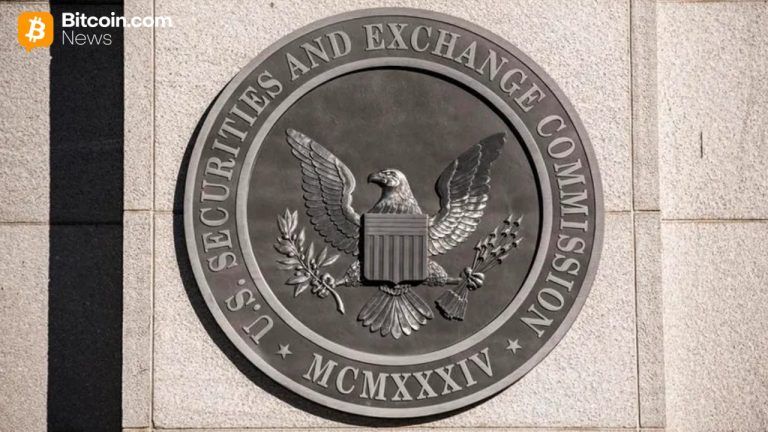Trouble brewing for the US: Two-thirds of TradFi expects a 2023 recession
2 min read
The United States economy could be in for an upset. Data from a Wall Street Journal survey revealed financial experts expect the country to face an economic downturn this year.
Over two-thirds of economists at 23 major financial institutions that do business with the Federal Reserve believe the U.S. will have a “shallow” or “mild” recession in 2023. Two of the surveyed institutions predict a recession for the following year.
The research included big names in the financial services sector, such as Barclays, Bank of America, TD Securities and UBS.
Collectively, the Federal Reserve was named as the primary reason for the recession due to it raising interest rates to fight inflation. At the time of writing, the inflation rate in the U.S. is 7%, compared with the Fed’s target desired rate of 2%.
Additional factors contributing toward a potentially impending recession include pandemic savings being spent, a decline in the housing market and banks having more rigid lending standards.
The survey also found that many economists expect unemployment in the country to rise from 3.7% in November 2022 to above 5%, along with general economic contraction.
Related: 5 tips for investing during a global recession
However, Credit Suisse, Goldman Sachs, HSBC, JPMorgan Chase and Morgan Stanley all gave a rosier outlook on the situation, saying a recession will be avoided in both 2023 and 2024.
The state of the U.S. economy and the global economy have generally not seen the most positive predictions for the upcoming years. In October, Tesla and Twitter CEO Elon Musk said the global recession could last until the end of the year, near 2024.
Recurring global issues account for these bleak outlooks, such as widespread energy shortages and inflation.
Some experts in the decentralized finance space have spoken publicly on cryptocurrencies, particularly Bitcoin (BTC), as a hedge against monetary inflation.







